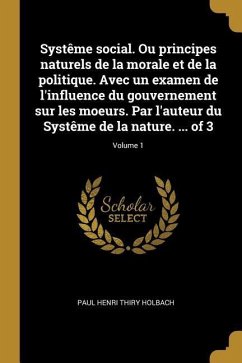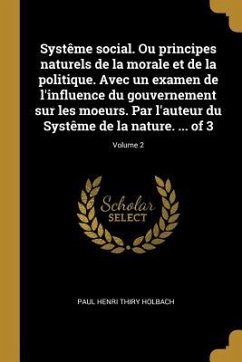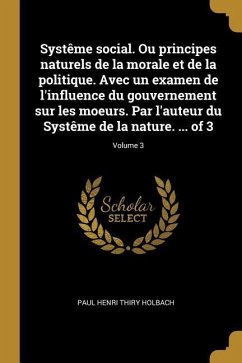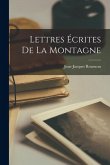Lettres Parisiennes Sur Le Désir D'Ãtre Heureux, written by Armand Pierre Jacquin and originally published in 1758, explores the timeless pursuit of happiness through a series of insightful letters. Reflecting the philosophical currents of the Enlightenment, Jacquin delves into the nature of desire, contentment, and the human condition. These Parisian letters offer a window into 18th-century French thought and provide enduring wisdom on achieving personal fulfillment. Readers will find Jacquin's reflections surprisingly relevant to contemporary concerns, offering a unique perspective on the art of living well. This work is a valuable addition to the study of philosophical essays and the history of ideas. This work has been selected by scholars as being culturally important, and is part of the knowledge base of civilization as we know it. This work was reproduced from the original artifact, and remains as true to the original work as possible. Therefore, you will see the original copyright references, library stamps (as most of these works have been housed in our most important libraries around the world), and other notations in the work. This work is in the public domain in the United States of America, and possibly other nations. Within the United States, you may freely copy and distribute this work, as no entity (individual or corporate) has a copyright on the body of the work. As a reproduction of a historical artifact, this work may contain missing or blurred pages, poor pictures, errant marks, etc. Scholars believe, and we concur, that this work is important enough to be preserved, reproduced, and made generally available to the public. We appreciate your support of the preservation process, and thank you for being an important part of keeping this knowledge alive and relevant.
Bitte wählen Sie Ihr Anliegen aus.
Rechnungen
Retourenschein anfordern
Bestellstatus
Storno








